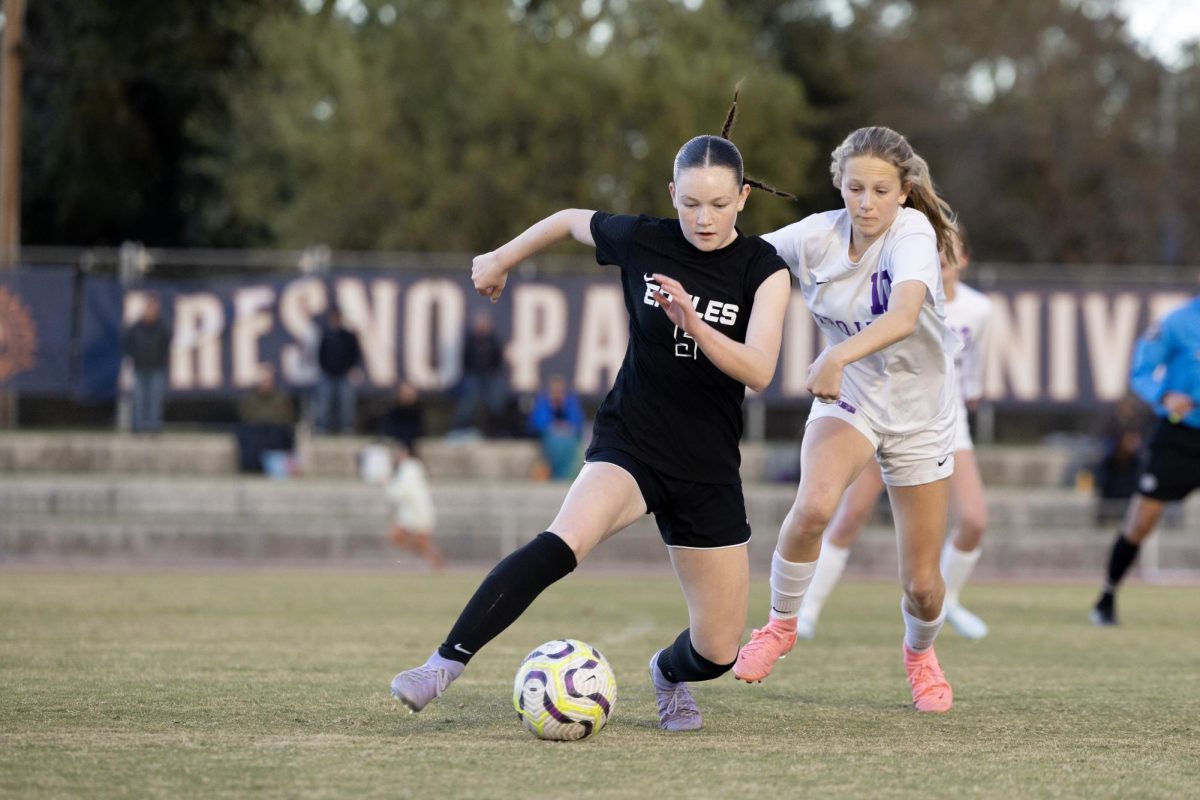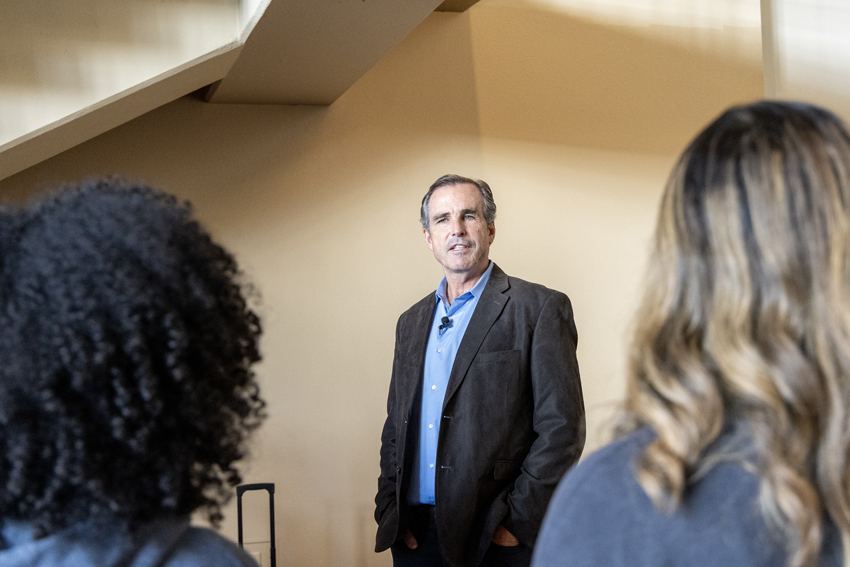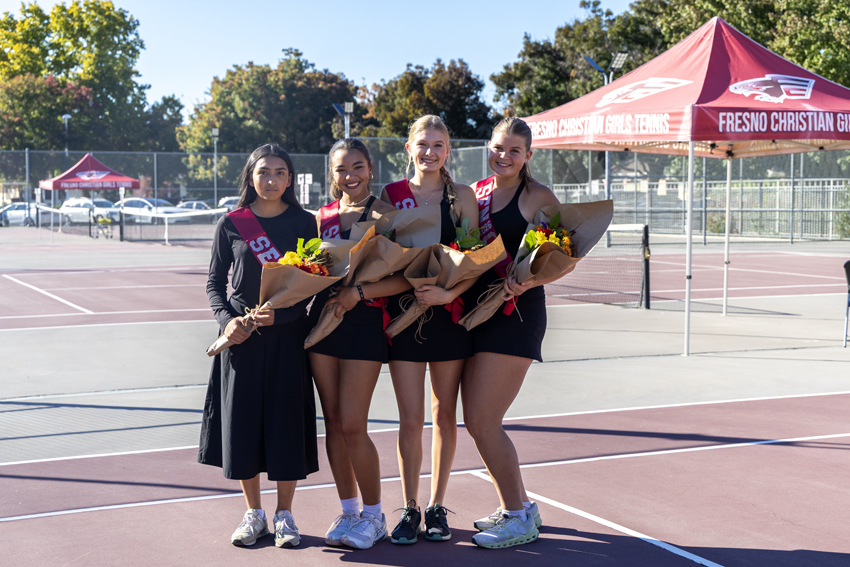Over the course of students’ education, they must make several major transitions: elementary school to middle school, middle school to high school, high school to college. Each experience poses different challenges for students and affects them in a unique way.
There are many new experiences for students making the move from elementary school to middle school: multiple teachers, a locker, older students and more difficult homework. These changes could be difficult for students to handle.
“Though I am scared of the taller upperclassman, I am glad that I can now be looked up to by the elementary school students,” Paige Le, ’16, said.
Students’ ideas of the quality of life decline the most after the transition to middle school, according to Kid Source Online. Students also tend to be more disorganized, disconnected and worrisome than students who had attended a sixth grade with multiple teachers.
However, this is not the only significant transition that students have to face; they also must go from middle school to high school. In high school, they deal with new teachers, more students and higher expectations.
Joshua Thao, ’14, has begun his first year of high school and feels more excited than fearful of this transition, he says.
“I like high school more than middle school because there are more people that I can meet and be around,” Tao said, “but I think high school is harder because there is a lot more homework.”
After entering high school, students often start thinking about their post-graduation plans; whether a four-year college, a junior college or a vocation. The idea that their actions in high school will have an effect on their future can unnerve some students.
Seung Keun Kim, ’11, has conflicting emotions concerning his life after high school. He knows that he wants to attend college, but he is wary of the transition that it requires.
“I am scared because college classes make you pick a major. It will be harder because I have to go deeper into the subject,” Kim said. “[But] I am also excited that I get to study the subjects I want.”
The final transition is from high school to college: an entirely new experience where students are given more control over their lives. They must emerge from the shell of their parents’ protection into the real world, where they decide their own future.
Megan Ortiz, ’09, alumna and current Seattle Pacific University student, has experienced this change and knows what it is like to be on her own.
“The greatest transition for me was from high school to college because college is an entirely different world,” Ortiz said. “But I like college more because there is more independence, and I can do whatever I want. I don’t have to stay in a virtual bubble like I had to in high school.”
However students choose to deal with them, all must face these key transitions over the course of their education.






